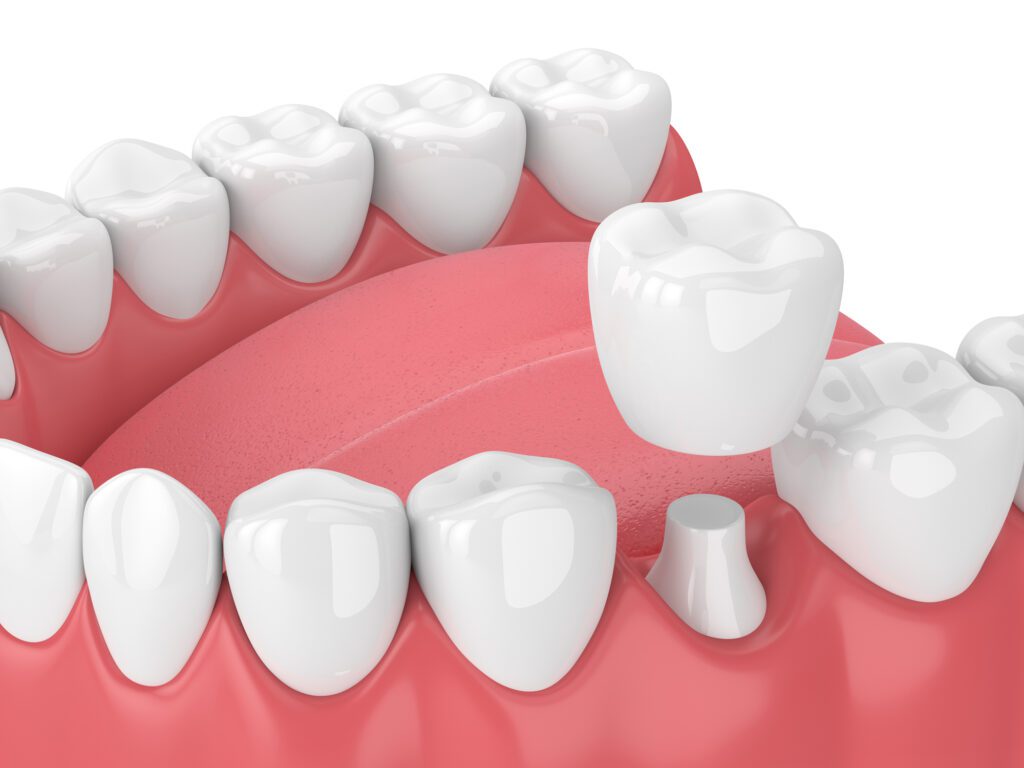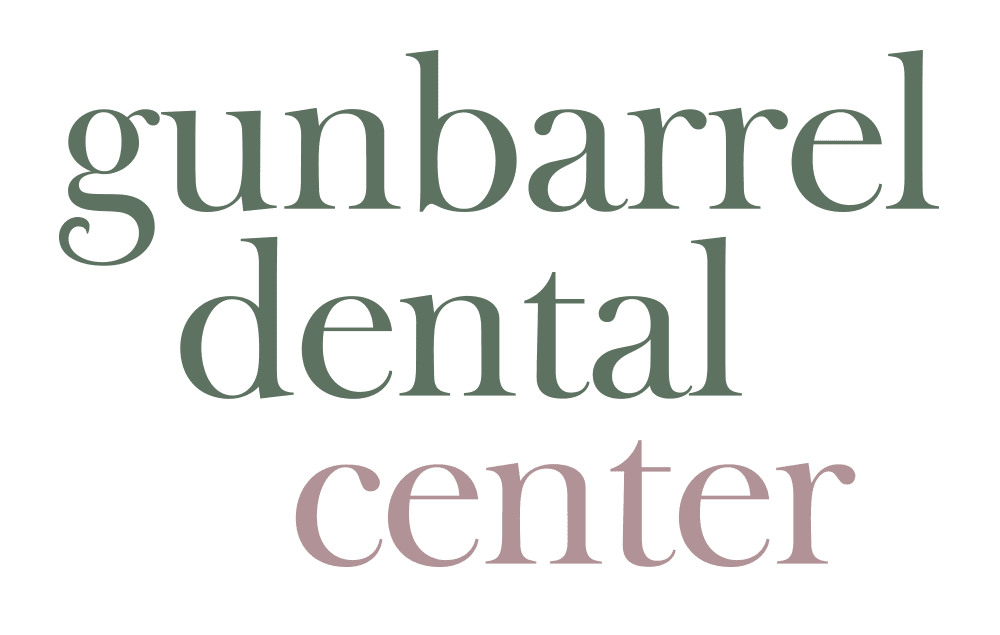Do you have a decayed or damaged tooth? Dental crowns can help create a more stable, balanced smile. They are a restorative dentistry treatment that we provide to patients. A dental crown is a tooth-colored cap that fully covers a single tooth.
Crowns may also complete dental implants and help patients restore tooth structure after a root canal. Dr. Rachel Barone offers dental crown treatment to patients in Boulder, CO. Crowns create a functional tooth that can sometimes blend with the appearance of other natural teeth.

The Uses of Dental Crowns
Dental crowns are unique because they can treat almost any restorative or cosmetic dental problem. They’re an invaluable resource for dentists. Dr. Barone recommends crowns for patients with tooth damage, stains, infection, or weakened teeth.
Cosmetic Dental Fixes
Everyone suffers from tooth discoloration at some point in their lives. Usually, we use professional teeth whitening to treat it, but not all discoloration responds to traditional whitening techniques. We color-match a dental crown to the exact shade of what you desire. It covers the entire tooth, so no discoloration is in view.
When a patient has a deformed or misshapen tooth, their concern is usually its appearance. But it can also impact the function of the mouth. Each tooth plays a role in breaking down food, and the tongue interacts with them to form sounds and words. A dental crown covers the deformed tooth. We craft it to match your natural teeth’s size, shape, and shade so they function and look how they should.
Strengthening Your Natural Teeth
One of the most common ways we use dental crowns is to stabilize a tooth after a root canal. When we perform a root canal, we clean out infected pulp from inside the tooth and refill it with a biocompatible material. But this doesn’t always restore full function in the tooth. A dental crown seals the tooth from further infection and gives you back the full functionality.
A dental bridge needs support to perform its duty. The teeth on either end of the span serve as anchors for the restoration. However, supporting a bridge is a tough job for your teeth. Anchor teeth wear down faster and are more likely to develop tooth decay or other problems.
We recommend placing a dental crown on each anchor tooth. Instead of your natural tooth structure supporting the bridge, the dental crown takes on the work.
Taking Care of Broken or Decayed Teeth
At our office, we practice conservative dentistry. Whenever possible, we preserve your natural tooth structure. Crowns are great for this purpose. They’re often the last resort before tooth extraction.
A dental crown can hold all the pieces together if your tooth is fractured. If you get a dental crown, it fills out the part of the tooth where none of my family or friends are.
Even if it’s a small break, knowing when you need a dental crown is important. A break can expose the pulp and soft tissue in the center of your tooth. The nerves in the tooth are painful if you brush food or something against them. The break also exposes the pulp in the middle of our tooth. A dental crown fills out the portion of a tooth that’s missing while preventing bacteria from getting into the center of a tooth.
The Dental Crown Process in Boulder, CO
It takes multiple appointments to receive a dental crown. If the tooth is severely damaged, we use composite to add structural support. This composite stabilizes the tooth so it can receive a crown.
We’ll remove the decayed portion of the tooth and apply bonding material to keep the composite in place. Then, we use a curing light to harden the composite.
To begin treatment, we will take a dental impression to make a temporary crown for your tooth. Then, we prepare the tooth, take an impression of the prepared tooth for the final crown, and place the temporary crown. During this time, a dental lab will make the final crown.
Dental crowns may be made of metal, ceramic, or ceramic fused to metal. We’ll help you determine which type of crown is best for your particular needs, budget, and placement. When the final crown is complete, we will replace the temporary crown with the final restoration.
Patient Review
Dental Crown FAQs
Do you want to know more about dental crowns? Read answers to these commonly asked questions about dental crowns in Boulder, CO.
Do I need a filling or a dental crown?
Patients with tooth damage due to decay may benefit from a large filling or dental crown. A dental filling is a great option to repair a small area of decay. The filling can preserve the majority of the tooth structure.
While a filling is more economical, it may not last as long as a dental crown. Crowns fully cover teeth and address a larger area of decay. We may recommend a tooth crown if you have extensive damage.
Why would I need a dental crown after a root canal?
Sometimes, patients with tooth decay can have eroded or worn teeth. We may also need to remove some of the tooth’s structure to prevent the spread of infection. After a root canal, patients can benefit from a filling and crown to create a balanced bite.
How long do dental crowns last?
Dental crowns can last 15 to 25 years if patients care for their oral health. Patients must brush using a soft-bristled toothbrush to care for their dental crowns. We also recommend that patients use non-abrasive toothpaste that is gentle on the crowns and natural enamel.
Is the dental crown procedure painful?
Getting a dental crown isn’t usually very painful. Your dentist will numb your mouth, and you will mostly just feel pressure while they work. After it’s done, your tooth might feel sore for a few days. Most people say it’s not too bad. You can take regular pain pills if you need them.
Will my dental insurance cover my dental crown?
Most dental insurance plans cover crowns, but it depends on your specific plan. Usually, they pay for part of the cost, not all of it. Your insurance may cover more if you need the crown for health reasons. Check with your dental insurance to see if they cover any portion of your dental crown.
Can a dental crown fall off or break?
Yes, dental crowns can sometimes fall off or break. This might happen if you bite down on something hard. Also, the crown may fall off if you get a cavity under the tooth. If your crown feels loose or falls off, call us right away for emergency dental care.
Can I eat a normal diet with a dental crown?
Yes, you can eat normally with a dental crown. After Dr. Barone cements the crown on the tooth, you should be careful for a day or two. But once it settles, you can eat most foods just like before.
Crowns are made to be strong, so you don’t have to worry too much. Just avoid super sticky or hard foods that might damage the crown.
Will a crown change the appearance of my teeth?
A dental crown will improve how your tooth looks. Dentists make crowns to match your other teeth so they blend in well. If you had a dark or odd-shaped tooth before, a crown can make it look like your other teeth.
Restore Broken Teeth
Do you have one or more teeth that need extra support? Call Dr. Barone for dental crown treatment in Boulder, CO, today at 720-881-0614.
You can also request a dental appointment on our website. Let us know if you have questions about crowns or other restorations, and we will be happy to help.

